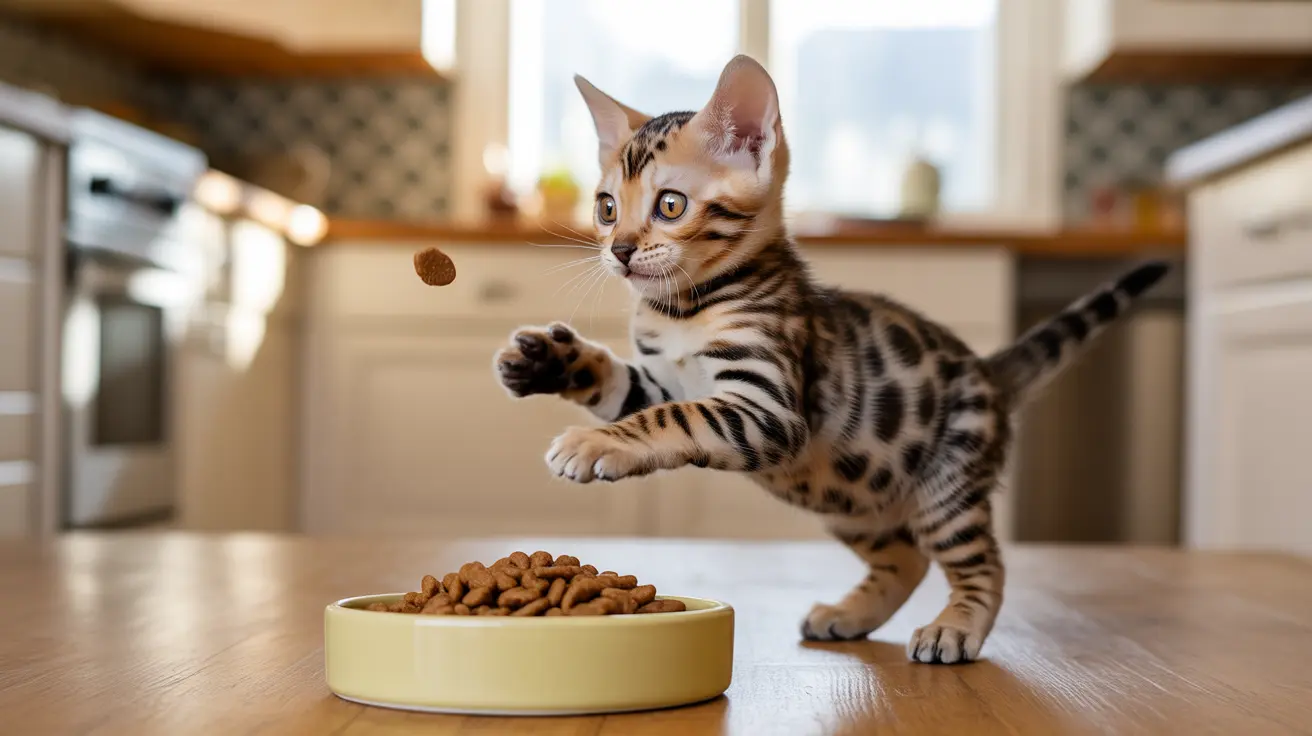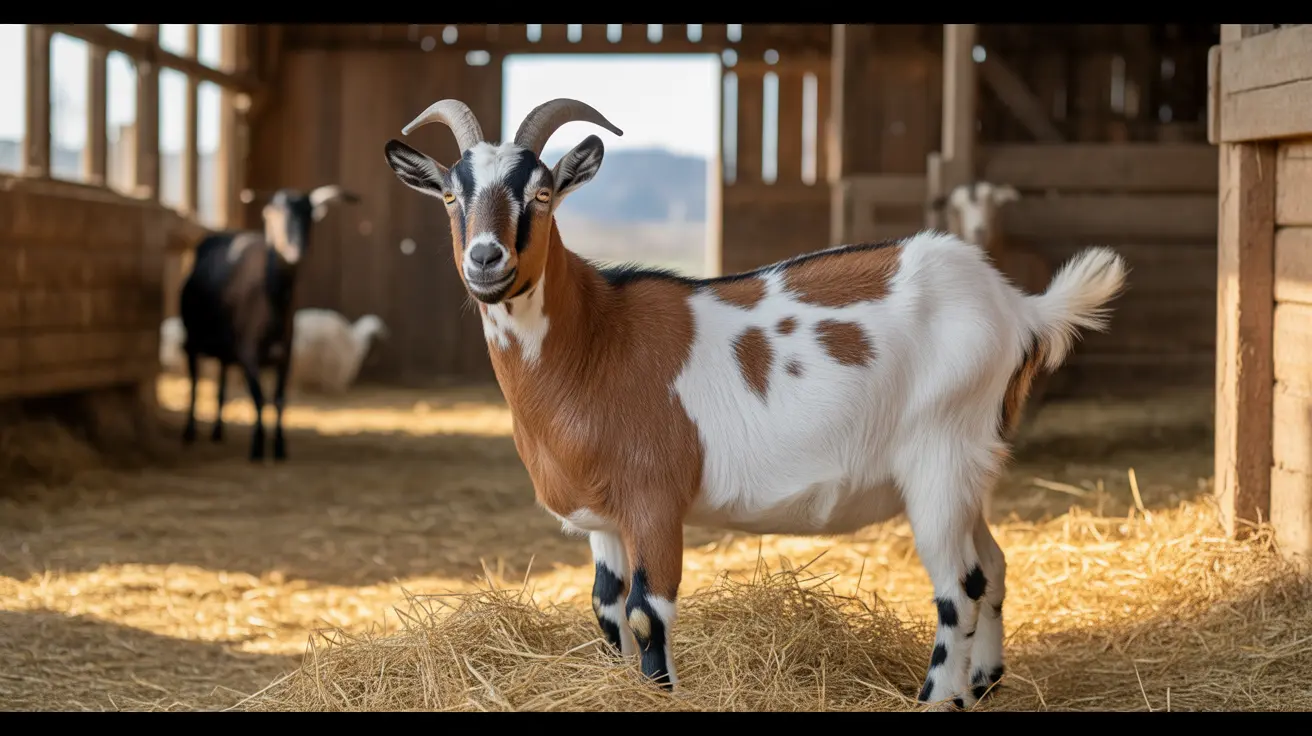Selecting the right food for your kitten is a crucial decision that impacts their development, health, and long-term wellbeing. With numerous options available in the market, from premium wet foods to specialized dry kibble, making an informed choice can feel overwhelming. This comprehensive guide will help you understand exactly what your kitten needs and how to choose the best kitten food for optimal growth.
Whether you're a first-time kitten parent or looking to optimize your current feeding routine, understanding the fundamentals of kitten nutrition is essential. Let's explore everything you need to know about selecting and feeding the best food for your growing feline companion.
Understanding Kitten Nutritional Needs
Kittens require significantly higher levels of protein, calories, and specific nutrients compared to adult cats. During their rapid growth phase, they need approximately 2-3 times more energy per pound of body weight than adult cats. Their diet must be rich in high-quality animal protein, essential fatty acids, and crucial minerals to support proper development.
- Minimum 30% protein content
- Higher fat content (15-20%)
- Essential amino acids like taurine
- DHA for brain and eye development
- Balanced calcium and phosphorus ratios
Top-Rated Kitten Food Options
Premium Wet Food Choices
Wet food offers excellent hydration and is typically more palatable for young kittens. Leading options include:
- Hill's Science Diet Kitten Development
- Royal Canin Kitten Instinctive
- Wellness CORE Kitten Formula
- Blue Buffalo Healthy Growth
Quality Dry Food Solutions
Dry food provides convenience and dental benefits. Top recommendations include:
- Orijen Kitten & Cat Grain-Free
- Purina Pro Plan Kitten
- Royal Canin Kitten Dry Formula
- Iams Proactive Health Kitten
Feeding Schedule and Portions
Proper feeding schedules are crucial for healthy development. Young kittens need frequent, small meals throughout the day:
- 6-12 weeks: 4-6 meals daily
- 3-6 months: 3-4 meals daily
- 6+ months: 2-3 meals daily
Transitioning Between Foods
When changing your kitten's food, follow this 7-day transition schedule:
- Days 1-2: 75% old food, 25% new food
- Days 3-4: 50% old food, 50% new food
- Days 5-6: 25% old food, 75% new food
- Day 7: 100% new food
Special Considerations and Health Concerns
Some kittens may have specific dietary needs based on health conditions or breed requirements. Always consult with your veterinarian if your kitten:
- Shows signs of food sensitivity
- Has ongoing digestive issues
- Belongs to a large breed
- Has known health conditions
Frequently Asked Questions
What are the key nutritional differences between kitten food and adult cat food?
Kitten food contains higher levels of protein, fat, and essential nutrients compared to adult cat food. It typically has 30-35% protein content versus 25-30% in adult formulas, plus additional DHA for brain development and higher calories per serving to support rapid growth.
How do I choose the best kitten food for my kitten's specific needs and preferences?
Consider your kitten's age, activity level, and any health conditions. Start with premium brands specifically formulated for kittens, and observe their response to different textures and flavors. Look for AAFCO-approved foods with high-quality protein sources listed as the first ingredients.
What are the benefits and drawbacks of feeding my kitten wet versus dry food?
Wet food provides better hydration and is often more palatable, but it's more expensive and requires refrigeration once opened. Dry food is convenient and helps maintain dental health, but may not provide sufficient moisture and can be less appealing to some kittens.
How often should I feed my kitten, and what portion sizes are recommended?
Young kittens (6-12 weeks) need 4-6 small meals daily. Follow the feeding guidelines on your chosen food's packaging, adjusting portions based on your kitten's growth and activity level. Monitor their body condition to ensure they're maintaining a healthy weight.
What are the most important nutrients and ingredients to look for in high-quality kitten food?
Look for named animal protein sources as the first ingredients, essential fatty acids (DHA/EPA), taurine, and balanced vitamins and minerals. Avoid foods with artificial preservatives, unnamed meat by-products, or excessive grain fillers.
Conclusion
Choosing the best kitten food requires careful consideration of your pet's nutritional needs, preferences, and health status. By selecting high-quality products and maintaining proper feeding schedules, you'll give your kitten the foundation they need for optimal growth and development. Remember to consult with your veterinarian for personalized recommendations based on your kitten's specific needs.






